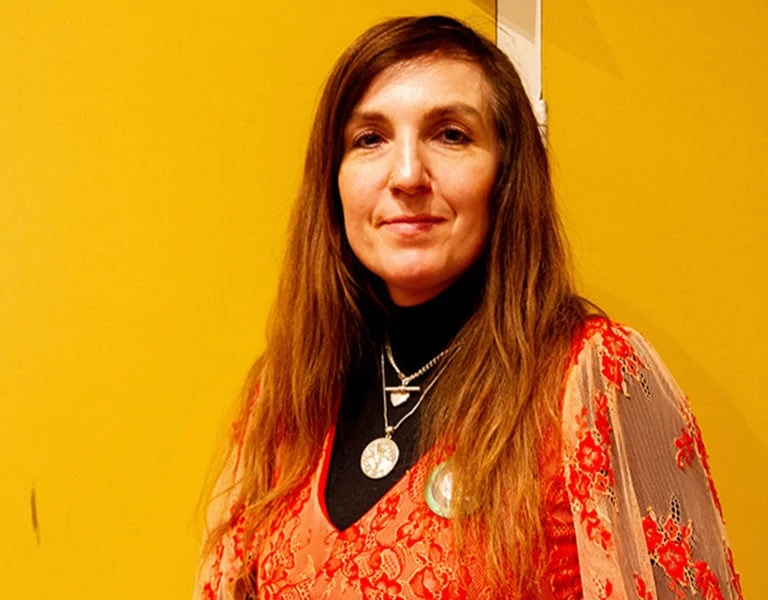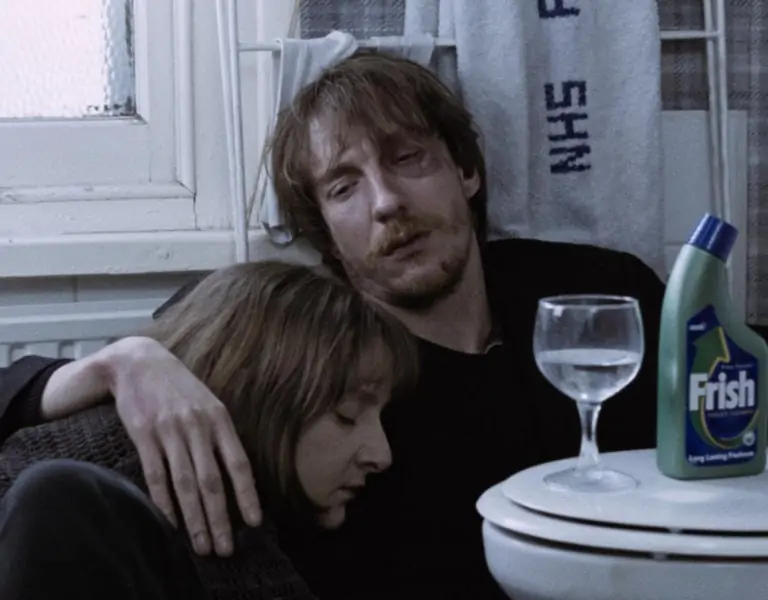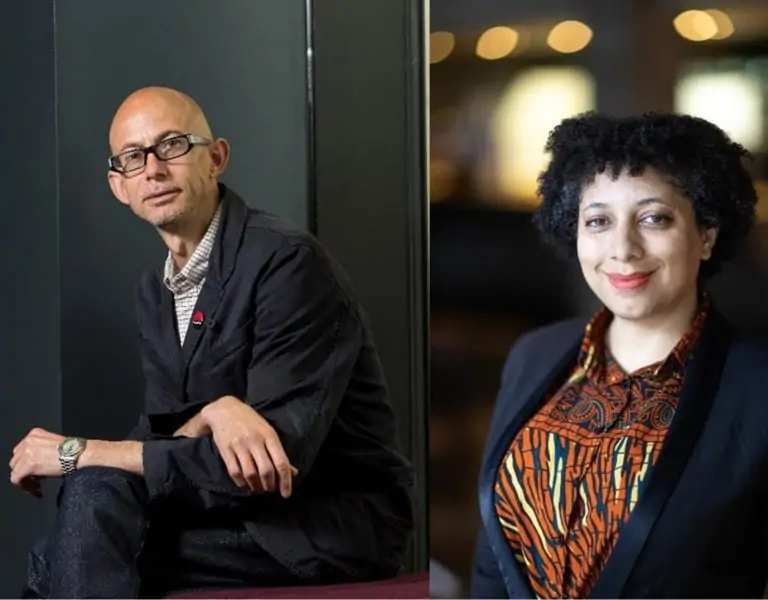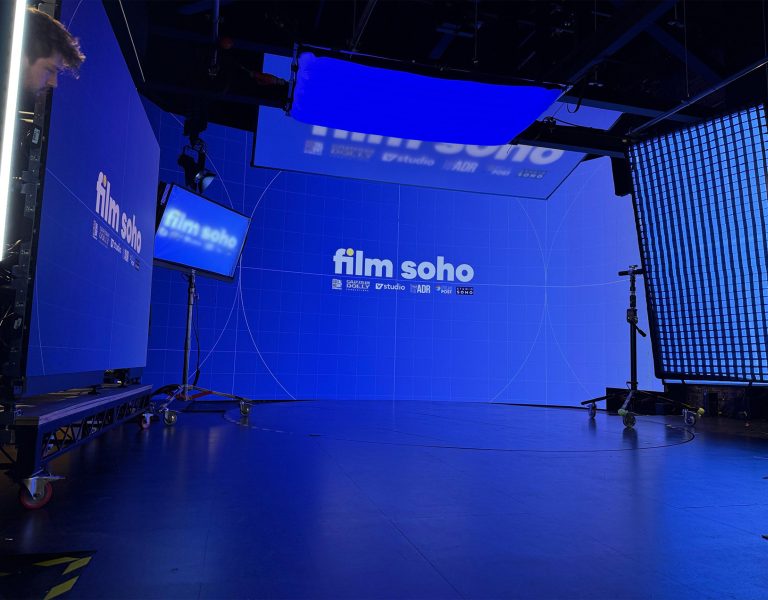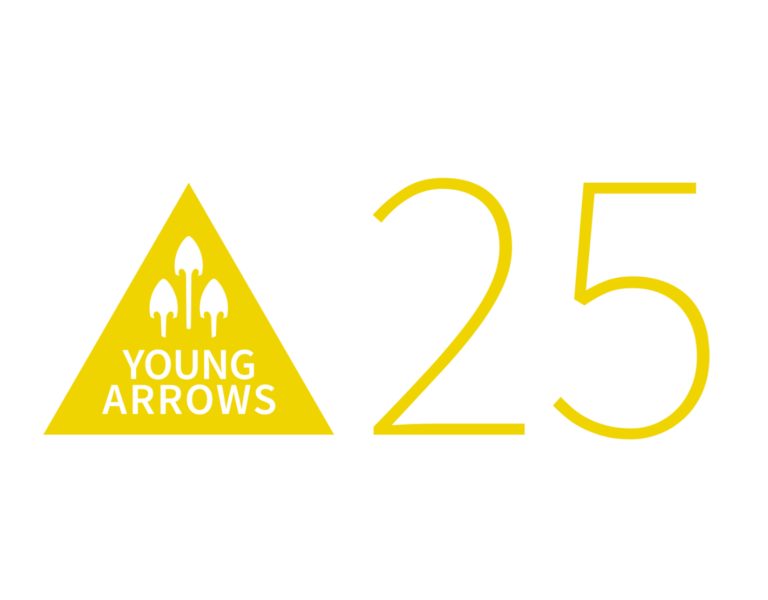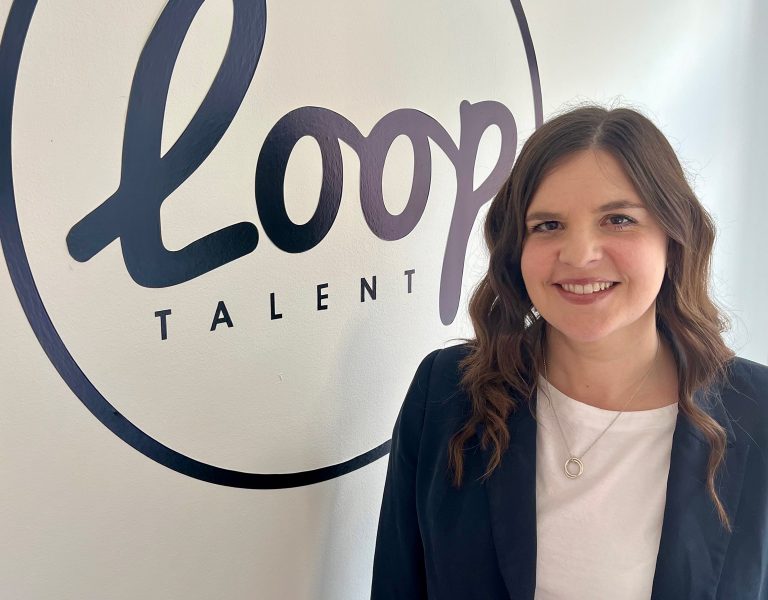
The BFI has announced that BFI festivals director Tricia Tuttle has decided to step down from her role after 10 years at the organisation. Tricia will deliver this year’s highly anticipated edition of the BFI London Film Festival in partnership with American Express, and remain in post through to early 2023 while the BFI recruits. For the last five years Tricia has led the BFI London Film Festival and BFI Flare: London LGBTQIA+ Film Festival as Festivals Director; previously she was Deputy Head of Festivals from 2013-17.
BFI Chief Exec Ben Roberts said “Tricia has been the driving force behind the BFI London Film Festival’s transformation over the last five years and it could not be more vital and important than right now. I want to thank her for her creative leadership in adapting the LFF and BFI Flare in the face of huge external challenges, creating genuine UK-wide access physically and digitally, putting us on the international stage and of course bringing audiences incredible film experiences. Most importantly Tricia is a super smart, generous and collaborative leader and colleague. She leaves an incredible team behind her, and we will celebrate her success at her final festival this year.”
Jason Wood, BFI Executive Director of Programming and Audiences said” “I have to say that on a personal and professional level I was incredibly sad to learn of Tricia’s decision to leave. It was one of my ambitions to work with her. And I am grateful that I finally got to realise it. An incredibly progressive and inclusive collaborator, her exceptional taste, commitment to new and established voices and forms of storytelling has been truly inspirational. She leaves the BFI London Film Festival in an exceptional position and will go on to be brilliant in whatever she does next. She will be warmly welcomed back at any time.”
Tricia Tuttle said: “I have loved everything about my time at the BFI and as the Director of our Festivals. It’s been a deep and genuine privilege to lead BFI London Film Festival and BFI Flare: London LGBTQIA+ Film Festival, and to be a senior leader in an organisation that has shaped me as a passionate film fan and a professional working in film. I took the role knowing that I believe in cultural renewal. I came in to make an impact quickly, with an aim to open up our festivals to more people and then pass the baton. And I could not be more proud of what we have achieved in these 5 years, especially given the absolutely wild challenges we have faced! I am leaving on a high and with so much love for the people and the work of the organisation.”
Taking the helm, Tricia devised an ambitious and successful new 5 year strategy for the BFI London Film Festival. This has resulted in audiences growing by 76% since 2019, a new footprint in London and across the UK, including new Gala venue The Southbank Centre’s Royal Festival Hall, XR and Immersive exhibition LFF Expanded and a UK-wide programme playing in venues in Scotland, Wales, Northern Ireland and England, with 39% of audiences coming from outside London in 2021 compared to 10% in 2019. Major new developments as part of Tricia’s strategy include the expansion of the Festival programme to offer series television (LFF Series), immersive and XR work (LFF Expanded) alongside film; an enhanced industry programme designed to bring international creatives to the Festival to discover and connect with UK talent; and a major audience outreach programme that includes expansive free and UK-wide physical and digital programming via BFI Player.
Tricia’s exciting vision for the LFF has led to more World Premieres in 2022 than in the LFF’s history, with Matthew Warchus’ much anticipated Roald Dahl’s Matilda the Musical opening the festival on October 5th, Guillermo del Toro’s Pinocchio and Asif Kapadia’s Creature among them. Jeymes Samuel’s The Harder They Fall was the thrilling LFF 2021 World Premiere opener with Jay Z and Beyoncé in attendance. Major Gala highlights in Tricia’s tenure have also included Jane Campion’s The Power of the Dog and major European Premieres including: Steve McQueen’s Mangrove and Lovers’ Rock; Martin Scorsese’s The Irishman; Sam Mendes’ Empire of Light, Kenneth Branagh’s Belfast, Joel Coen’s The Tragedy of Macbeth, Mariel Heller’s A Beautiful Day in the Neighborhood and Rian Johnson’s Knives Out and its sequel, Glass Onion: A Knives Out Mystery.
Tricia led the Festival to bring in Series which has only been established for two years and has included Special Presentations Succession: Season 3 in 2021, and this year the World Premiere of the BBC’s The English. As part of the Festival’s LFF Expanded Programme of XR and Immersive work, Tricia instigated a new annual commission to support the creation of new works. These have included an Augmented Reality (AR) project from Guy Maddin, Haunted Hotel which will world premiere at this year’s LFF, and Asif Kapadia’s Virtual Reality (VR) work Laika which world premiered at the Festival in 2021; Laika was a BFI London Film Festival Initiative, presented by BFI, StoryFutures Academy, in association with Film4.
As Festivals Director, Tricia has led her teams with great energy, resilience and creativity, through obstacles including the unprecedented challenges presented by the global pandemic across 2020 and into 2021. In March 2020, BFI Flare was one of the first Festivals in the world to pivot to an online model, a feat pulled off in under a week to huge success. Tricia went on to adapt an innovative and distinctive model for LFF in 2020 which included socially distanced screenings at 10 satellite venues around the UK alongside a programme of 60 features online, with the LFF in 2020 reaching record audiences of over 300K through physical and digital programming.
Tricia is passionate about continuing to make BFI’s Festivals more inclusive and has built a team who share these ambitions. The Festival under Tricia’s leadership has consistently featured a diverse international programme and it has consistently moved closer to gender parity; this year’s programme features 41% female and non-binary directors/creators or co-directors/creators. Tricia introduced the BFI Flare Mentorship Programme, first delivered with Screen Skills (then Skillset), and since its second year this has evolved into a vibrant partnership with BAFTA who now lead the programme under the banner of BFI Flare x BAFTA Mentoring. Where there was little queer film visibility in the UK in 2013, the mentorship programme has seen the emergence of a new generation of prominent LGBTQIA+ identified filmmakers, who have formed strong networks with each other and within the industry through the programme. Flare mentees who have gone on to have feature films in the BFI London Film Festival include Georgia Oakley (Blue Jean), Dionne Edwards (Pretty Red Dress), Joy Gharoro-Akpojotor (Black Colour White) – Joy also produced Blue Story, and Aleem Khan (After Love). Tricia also introduced the BFI London Film Festival Critics Mentorship programme which, now in its 5th year, gives high quality professional experience to talented emerging film writers and critics from under-represented backgrounds.
